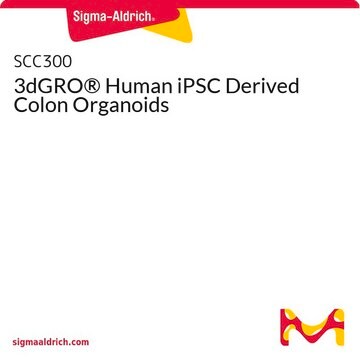1.04610
Hydroquinone
Technipur®
Synonym(s):
1,4-Benzenediol, 1,4-Dihydroxybenzene, 4-Hydroxyphenol, p-Benzenediol, p-Dihydroxybenzene, p-Hydroquinone, p-Hydroxyphenol, Benzoquinol, Quinol, HQ
About This Item
Recommended Products
vapor density
3.81 (vs air)
Quality Level
vapor pressure
1 mmHg ( 132 °C)
autoignition temp.
930 °F
bp
285 °C (lit.)
mp
172-175 °C (lit.)
density
1.358 g/cm3 at 20 °C
SMILES string
Oc1ccc(O)cc1
InChI
1S/C6H6O2/c7-5-1-2-6(8)4-3-5/h1-4,7-8H
InChI key
QIGBRXMKCJKVMJ-UHFFFAOYSA-N
Looking for similar products? Visit Product Comparison Guide
Application
- A reducing agent in the preparation of silver sols, gold nanoparticles and nanorods for material science applications.(1)(2)(3)
- A polymerization inhibitor in the synthesis of industrially important 4-vinylphenols via decarboxylation of 4-hydroxycinnamic acids.(4)
- A phase change material (PCM) applicable in solar cooling refrigeration technology.(5)
Legal Information
Signal Word
Danger
Hazard Statements
Precautionary Statements
Hazard Classifications
Acute Tox. 4 Oral - Aquatic Acute 1 - Aquatic Chronic 1 - Carc. 2 - Eye Dam. 1 - Muta. 2 - Skin Sens. 1B
Storage Class Code
11 - Combustible Solids
WGK
WGK 3
Flash Point(F)
329.0 °F - closed cup
Flash Point(C)
165 °C - closed cup
Certificates of Analysis (COA)
Search for Certificates of Analysis (COA) by entering the products Lot/Batch Number. Lot and Batch Numbers can be found on a product’s label following the words ‘Lot’ or ‘Batch’.
Already Own This Product?
Find documentation for the products that you have recently purchased in the Document Library.
Our team of scientists has experience in all areas of research including Life Science, Material Science, Chemical Synthesis, Chromatography, Analytical and many others.
Contact Technical Service







